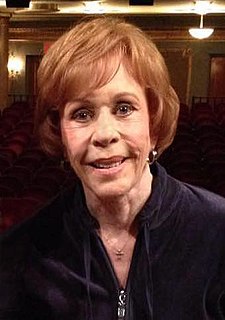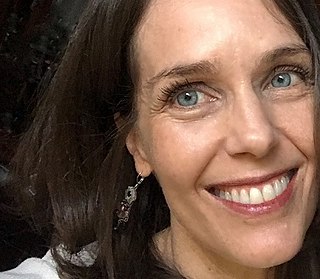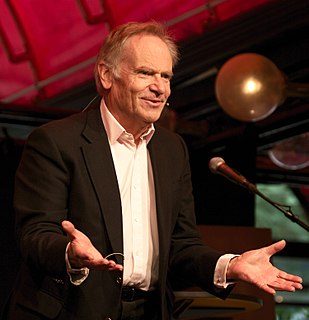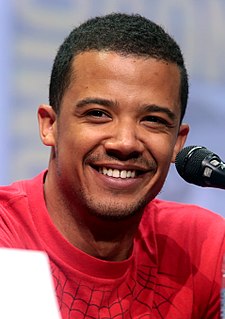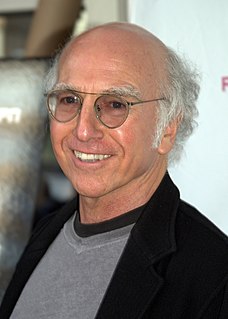A Quote by Eileen Myles
I didn't know how to write a novel, so I sort of let it happen in waves. The only way I could write it was to think like scenes in a movie.
Related Quotes
Do you know how some people can do anything?” “What do you mean?” “I mean, you tell them to write a tune, they give you a symphony right there. You tell them to write a book, they write you a novel in a day. You tell them to move a spoon without touching it, they move it. If they want something, they make it happen. Miracles, almost.
I don't know how to write a novel in the world of cellphones. I don't know how to write a novel in the world of Google, in which all factual information is available to all characters. So I have to stand on my head to contrive a plot in which the characters lose their cellphone and are separated from technology.
Objectifying your own novel while writing it never really helps. Instead, I guess while you're writing you need to think: This is the novel I want to write. And when you're done you need to think: This is what the novel I wanted to write feels like and reads like and looks like. Other people might call it sweeping or small, but it's the book you chose.


